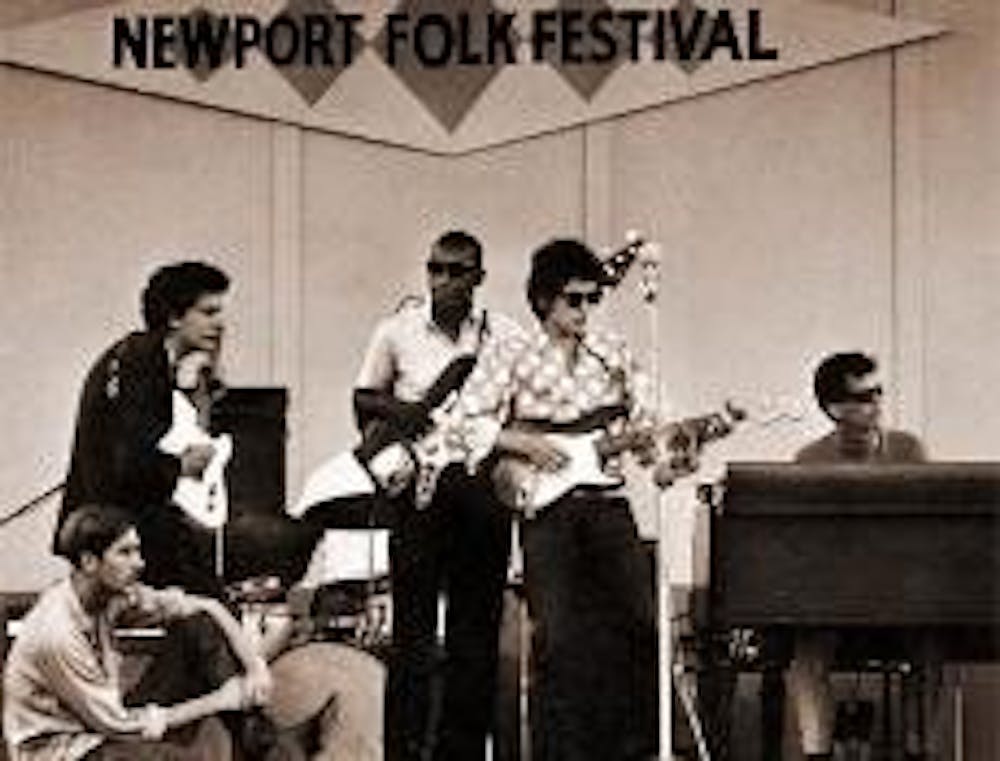He sat on a wooden stool, acting as though the hollering crowd around him did not exist. The enchantment of Bob Dylan's harmonica cannot be reduced to words, and the producers of "The Other Side of the Mirror" seemed to understand that fully. The 80-minute recital contains no narration, chronicling Bob Dylan's appearances at the Newport Folk Festival from 1963 to 1965. Academy Award-winning director Murray Lerner structured the documentary, to be released Tuesday, like a piece of music.
Dylan was in his freshman year when he dropped out of college. At the same time, Newport, R.I., was becoming the site for a yearly folk festival. It only took a couple of years for Dylan to gain popularity. He started in Greenwich Village and slowly made his way into a deal with Columbia Records. His "Blowin' in the Wind" was soaring in popularity, thanks to the cover by the famous folk band Peter, Paul and Mary.
By 1963, 22-year-old Dylan was ready for the Newport Folk Festival, which he would attend for the next two years.
If Newport in the '60s was a cigar, then Bob Dylan was the match. And in 1965, when he appeared on stage with a leather jacket and an electric guitar, he was determined to set the festival on fire. Some say that for a mob of orthodox folk fans, going electric was sacrilege.
He seemed to be quite different from the Tambourine Man the audience met in '63, and his decision to go electric dazzled, and dismayed, hundreds of fans. When Dylan appeared, rockin' his all-time folk classic, "Maggie's Farm," some fans were shaken off their seats. But time would be a better judge for the poet laureate of folk rock. There was no sacrilege to his poetry, only prophecy. And the prophecy continued with, "Like a Rolling Stone."
The documentary shows, indeed, the other side of Dylan's mirror: A transition from his untidy worker's outfit to a more Beatles-esque, SoHo persona and sound. There was something charming about it: the coarse, nasal tone of Dylan's voice sharing the stage with the smoothness of an electric guitar for the first time - a fortunate disaster. Perhaps that is the tag for the Newport Festival of 1965. The times were definitely a-changin', much to the dismay of acoustic-folk purists who attempted to boo Dylan off the stage.
Toward the end of the '60s, the festival lost momentum. Despite the efforts of Dunkin' Donuts to save it (the company officially sponsors it now), the golden years of the festival, and folk music, will never come back.
This is the Dylan that "The Other Side of the Mirror" shows - a natural poet, whose voice is equally striking when coupled with strings and flutes or with drums and bass. Here we are shown the authentically casual Dylan that we love, a person who can't be called the father of folk rock, simply because "father" is too sober and tired a word.





